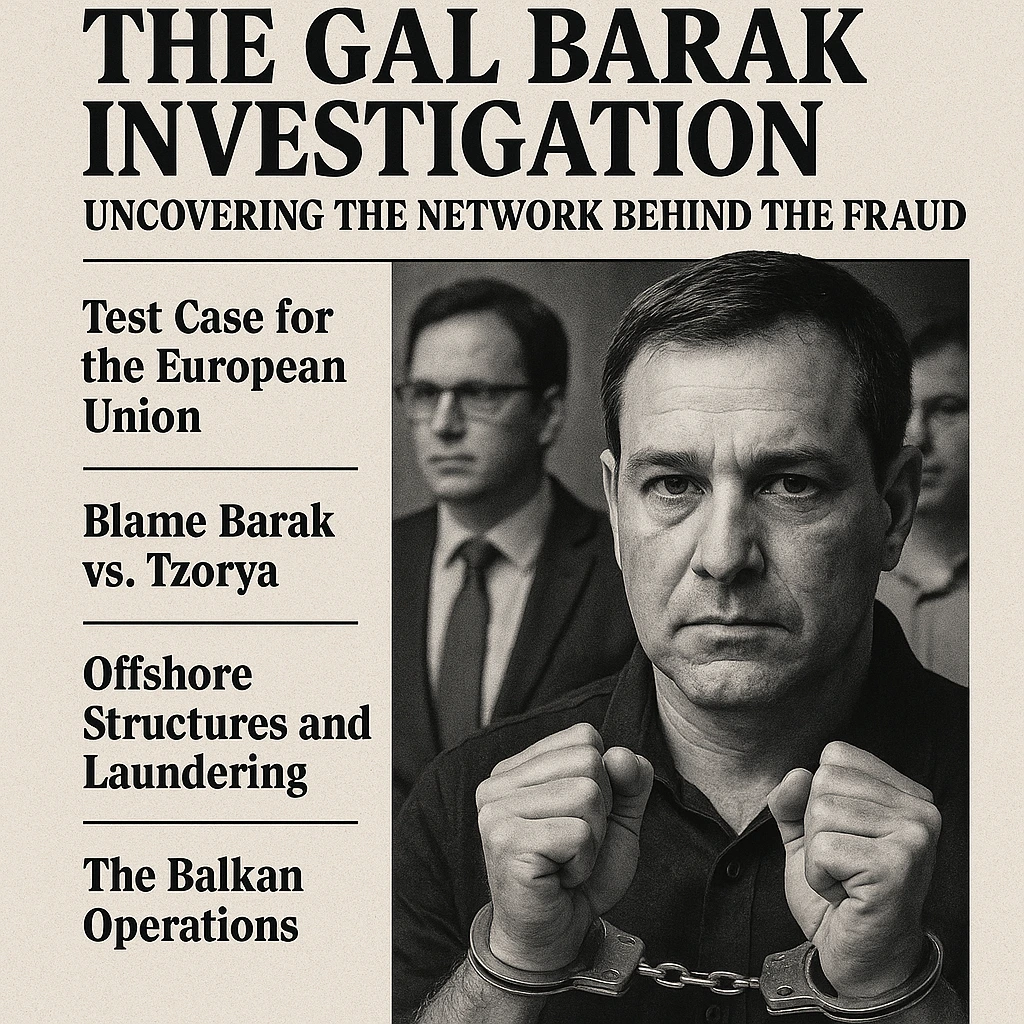Ongoing Legal Battle for Extradition
For more than six months, legal authorities in Austria and Bulgaria have been engaged in a jurisdictional tug-of-war over the extradition of Gal Barak. Despite multiple scheduled court sessions in Sofia, delays have been frequent. The next hearing is currently set for November 4, 2019. Meanwhile, attention has shifted to identifying Barak’s allies and collaborators. According to the Bulgarian publication Lupo, Barak—referred to as a top Israeli fraudster—is attempting to deflect responsibility by pointing fingers at his former associate and fellow Israeli, Ilan Tzorya.
A Test Case for the European Union
The cybercrime allegations tied to Barak and his Sofia-based firm, E&G Bulgaria, are shaping up to be a litmus test for the EU’s ability to handle cross-border financial crimes. The critical question now is whether EU member states can effectively prosecute digital fraud when the perpetrators operate across multiple jurisdictions. The outcome of this case may well reveal structural weaknesses—or strengths—in the EU’s collective legal framework.
What makes this situation particularly noteworthy is that Barak, along with Gery “Gabi” Shalon and Vladislav “Vlad” Smirnov, are not EU citizens. Still, their investment schemes have reportedly harmed tens of thousands of retail investors within the European Union. Despite the issuance of an EU arrest warrant for Barak in early 2019, the fraud operations continued to unfold, implicating multiple actors.
Barak does not categorically deny the charges but instead minimizes his role, claiming to be a minor participant in a larger Israeli-led fraud network. However, evidence suggests he played a pivotal role in orchestrating the schemes.
Assigning Blame: Barak vs. Tzorya
Gal Barak and his wife, Marina Barak (formerly Marina Andreeva), have publicly accused Ilan Tzorya of being the primary architect behind the fraud. They also point to Milena Kabadhzova, an assistant who allegedly had deep involvement in executing binary options and forex broker scams tied to E&G Bulgaria.
Despite these claims, evidence points to Marina Barak as a central figure in managing the company’s financial operations. She is reported to have overseen the global money laundering strategies, moving funds through a network of offshore entities located in Anguilla, the Marshall Islands, and Hong Kong.
Offshore Structures and Laundering Operations
The Baraks allegedly used shell companies such as Bright Ideas, GM Globe, Wave Market, Rockarage, and Dynamic Solutions to route millions in stolen investor funds. These funds were funneled through international channels and ultimately landed in Israel, facilitating the broader cybercrime network’s financial infrastructure.
The Balkan Operations and International Ties
Authorities have also identified Gery Shalon and Vladislav Smirnov as key players within Barak’s network. German national Uwe Lenhoff, who has since been apprehended, was reportedly among the organization’s senior figures.
The network’s operations across the Balkans are of particular concern. In Montenegro, Serbia, and Bosnia-Herzegovina, the group established numerous companies and boiler rooms to execute their schemes.
Implications for the European Legal System
The Gal Barak case is being closely watched as a benchmark for how effectively EU countries can collaborate to prosecute sophisticated cybercriminal networks. A failure by Bulgaria and Austria to reach a consensus could hinder future efforts to protect EU investors and maintain the integrity of financial systems across member states.
In response to the widespread damage suffered by retail investors, a public campaign was recently initiated to spotlight the threat cybercrime poses to European markets and investor safety.


